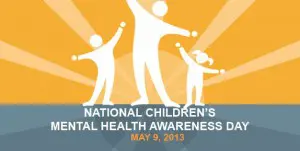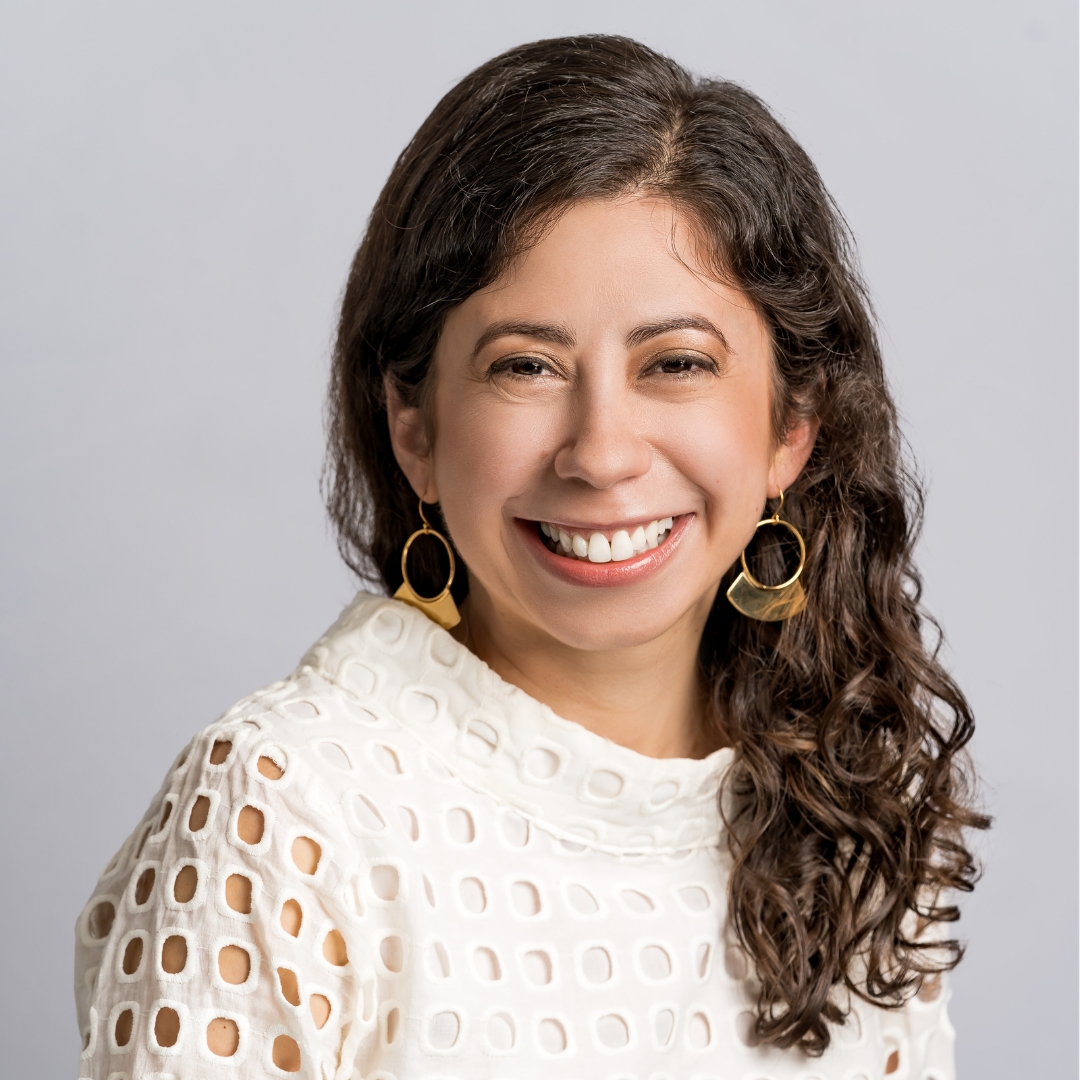 Yesterday I attended a legislative briefing to recognize Children’s Mental Health Awareness Day and bring awareness to the millions of children and youth affected by mental illness and trauma who are in need of support and services. The briefing was sponsored by the National Alliance on Mental Illness, the National Federation of Families for Children’s Mental Health, Mental Health America, the American Academy of Child & Adolescent Psychiatry, and the Bazelon Center for Mental Health Law.
Yesterday I attended a legislative briefing to recognize Children’s Mental Health Awareness Day and bring awareness to the millions of children and youth affected by mental illness and trauma who are in need of support and services. The briefing was sponsored by the National Alliance on Mental Illness, the National Federation of Families for Children’s Mental Health, Mental Health America, the American Academy of Child & Adolescent Psychiatry, and the Bazelon Center for Mental Health Law.
Mental health illness impacts 20 percent of our nation’s youth, and 2/3 of youth age 16 and older have been affected by a traumatic life event. Since the tragedy in Newtown, Connecticut, there has been a lot of increased attention and discussion as to how to meet the needs of these young people and prevent future tragedies.
The briefing included statements from Representative Grace Napolitano (D-CA), Representative Tim Murphy (R-PA), and Representative Paul Tonko (D-NY). All three have been longtime champions on children’s mental health, and expressed that we need to do better for children and young adults affected by mental illness through imminent action and increased resources.
Dylan Zimdahl, a young adult from Savannah, GA, gave a powerful statement about the importance of Substance Abuse and Mental Health Services Administration (SAMHSA) programs in helping him access the proper treatment and services. He highlighted his participation in the SAMHSA-funded Emerging Adult Initiative and how his peer specialist was critical in helping him to pursue an education and he is now working towards his dream of owning a bakery and coffee shop.
There are several steps that the Administration is taking to help children and young adults like Dylan access the services they need. In his FY14 proposed budget, the President proposed $130 million for SAMHSA programs that include Project AWARE, which supports placing 5,000 new mental health professionals to serve our children and youth, as well as the Healthy Transitions program, and behavioral health work force improvement.
The U.S. Department of Education and U.S. Department of Health and Human Services also plans to soon announce a national dialogue on children’s mental health. This dialogue aims to fight stereotypes about mental illness, as well as inform adults about how to recognize mental illness. In addition, it provides public resources and information to support conversations at the community level among cross-sector stakeholders around improving the lives of affected children and young adults.
First Focus will be working with others to support the Administration’s efforts to implement these initiatives, as well as pursue other legislative and regulatory efforts to improve the lives of our nation’s children and youth affected by mental illness.
